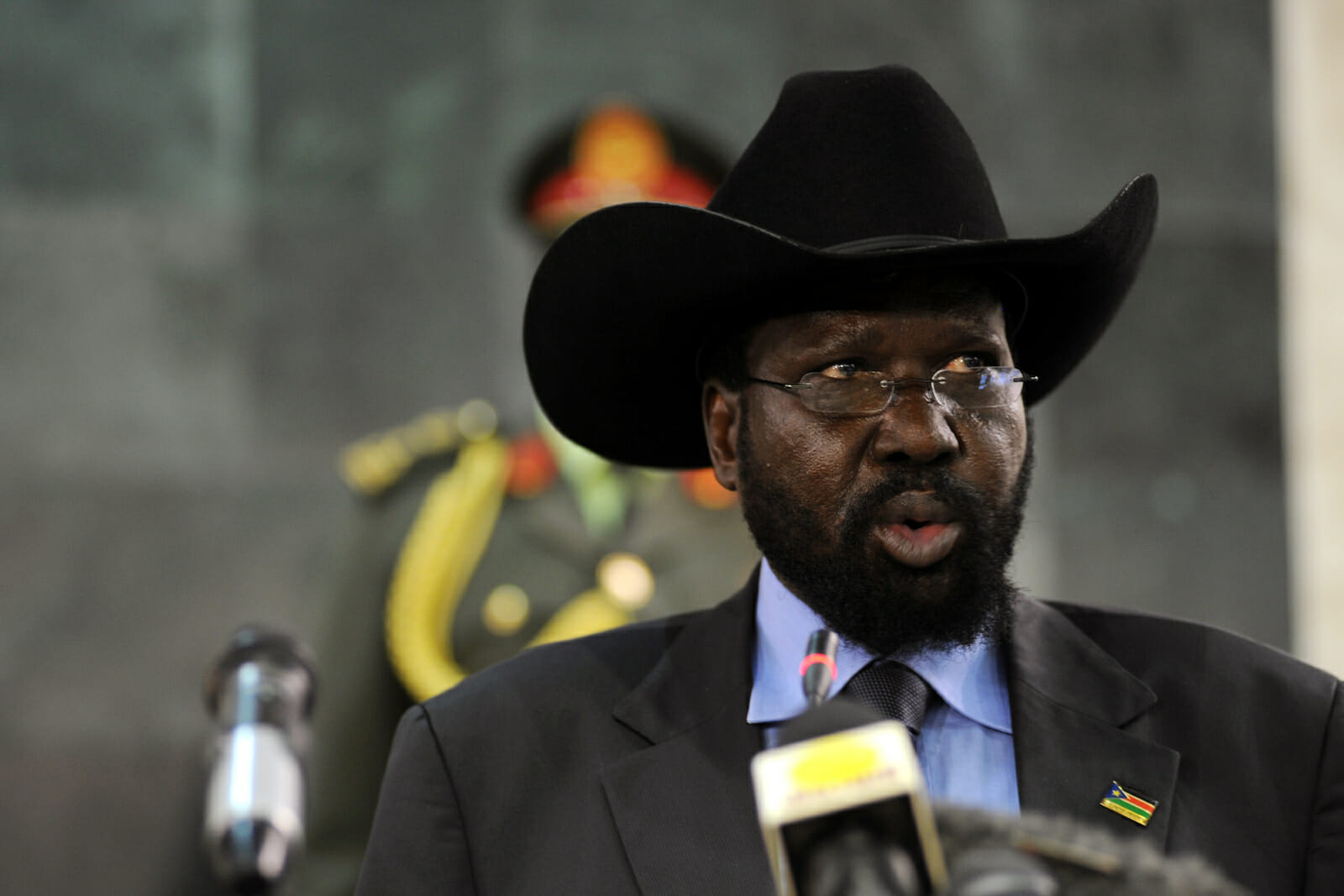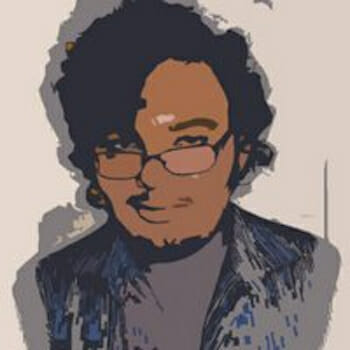
U.S. Helps War Criminals Escape Justice
Lobbying disclosures have revealed that former U.S. diplomats were contracted to shield the South Sudanese government from the creation of a war crimes court through the African Union. According to the U.S. Justice Department filing, the California-based lobby group Gainful Solutions took a $3 million, two-year contract (which included a $1.2 million retainer) to help the ruling parties in South Sudan “delay and ultimately block the creation of the hybrid court” that the government had agreed to in the 2018 peace deal. The U.S. has already given $4.8 million to support the court.
Two former U.S. diplomats are mentioned by name. Michael Ranneberger, former diplomat to Kenya from 2006-2011, is currently a managing partner of Gainful Solutions. Bush-era official Constance Berry Newman is also listed in Justice Department filings in connection with a $5,000 fee. Gainful Solutions will also help South Sudan convince the Trump administration “reverse current sanctions and further block potential sanctions.” Further, South Sudan hopes to draw the U.S. into a “military relationship” and to seduce American businesses to invest in oil, the documents show.
It’s a disgraceful development, paid for by a corrupt regime with little cash to burn. Salva Kiir’s factional government, which has suspended elections, has a laundry list of gruesome human rights abuses, ranging from repression of the press to horrific slaughter. In fact, the long, suppurating civil war in South Sudan has a death toll at least in the hundreds of thousands, and it has led to splintered and near continuous fighting. This has caused what international observers have described as “systemic weaponized rape” and ethnic murders and cleansing attempts. In the U.S., which has played a looming role in the country’s history, the country has been of particular interest to Christian fundamentalists. It was of particular interest during the Bush administration, when it could be viewed as a bang-up example of a Christian country being oppressed by its Muslim neighbor. It was this exact ideological stance that deflated the attention the West paid to the examples of the north committing genocide against Muslims in the westernmost parts of Sudan.
The creation of the war crimes tribunal was a condition of the superlatively fragile peace agreement signed last year, about which there were already numerous reasons for skepticism. Notably, the leader of the Nuer opposition, Riek Machar, seems to feel the stressors, as he has told Reuters, wants another six months before the unity government is formed. Machar, like his Dinka counterpart and the current president of South Sudan, Salva Kiir, has regrettably become an avatar of reconciliation efforts, leading to paranoia and the recrudescence of hostilities.
On its own, this is worth knowing. And the takeaway from this sordid little disclosure, if it can be phrased in a single sentence, is that it shreds the pretense of American humanitarian concerns for the region. This is, in fact, how modern imperial corruption subverts international standards of justice. And yet, former high-ranking U.S. officials are happily pursuing that exact end.
When the former U.S. Ambassador to the UN, Nikki Haley, called the human rights arm of the UN a “cesspool of political bias” or when she decried the horrid situation in the region she was already viewed with skepticism. How much more unsure is the moral footing on which the U.S. operates in East Africa now? As we have seen in other instances, domestic corruption and greed and carelessness have global consequences. Local parochialisms can have global fallout. The revolving doors between a government functionary or an elected official and flunky for hire are not just a problem for us in this country, and the impact of this spinning egress is not restrained by borders.

